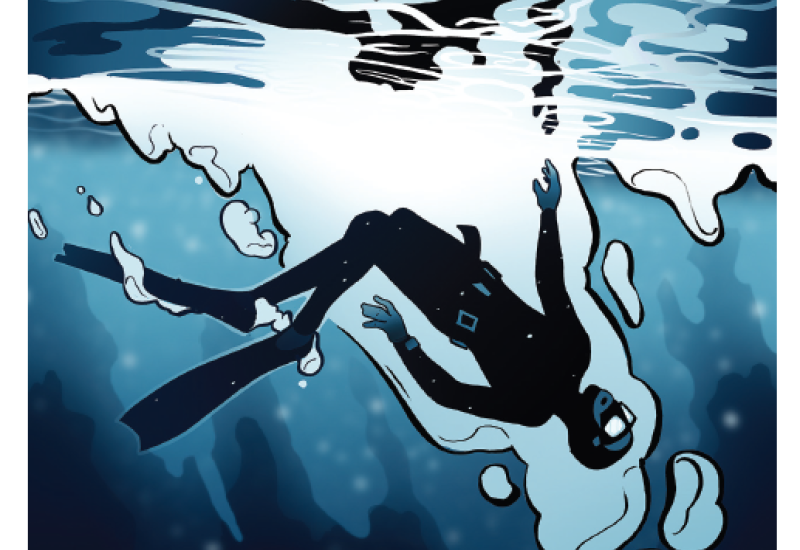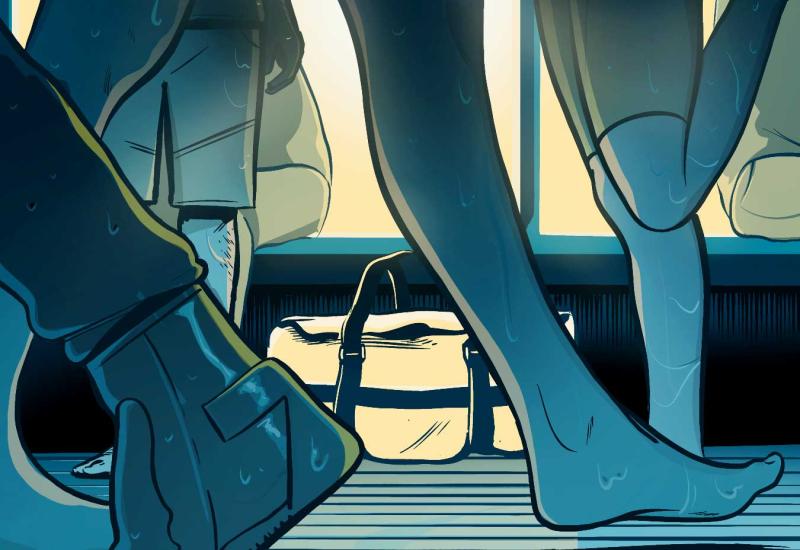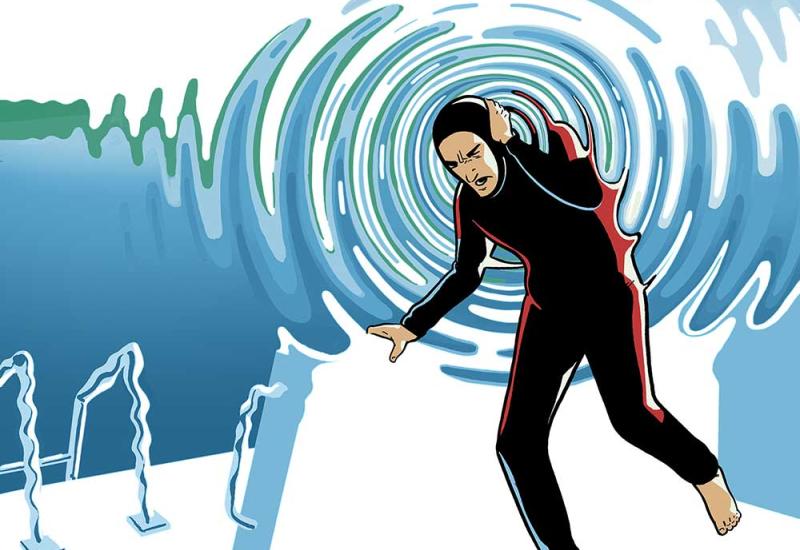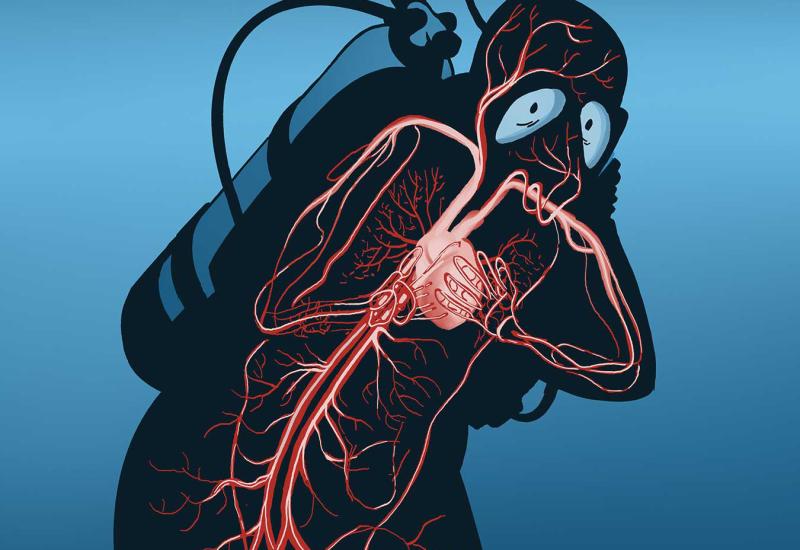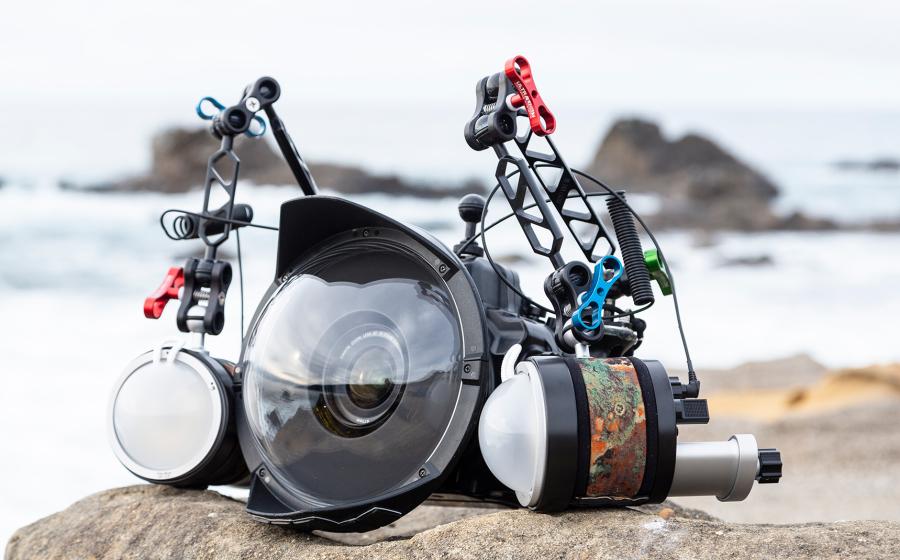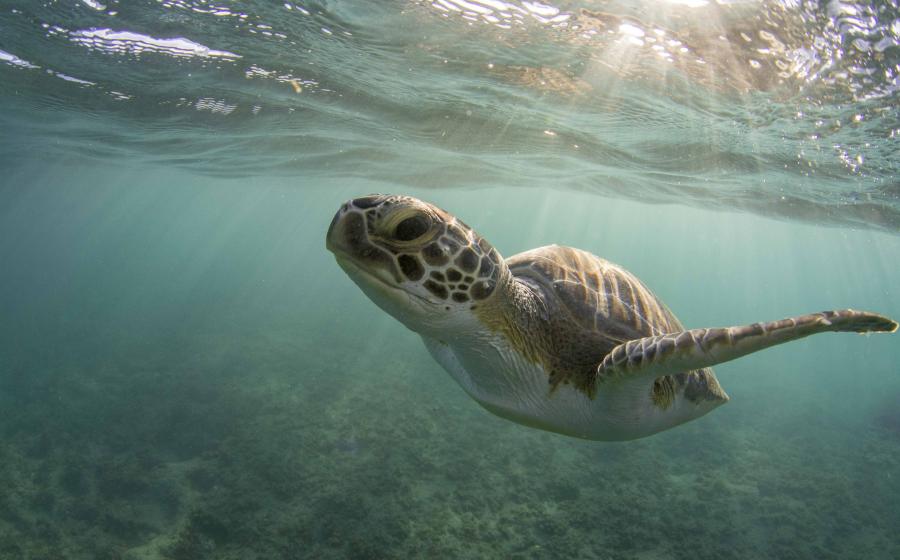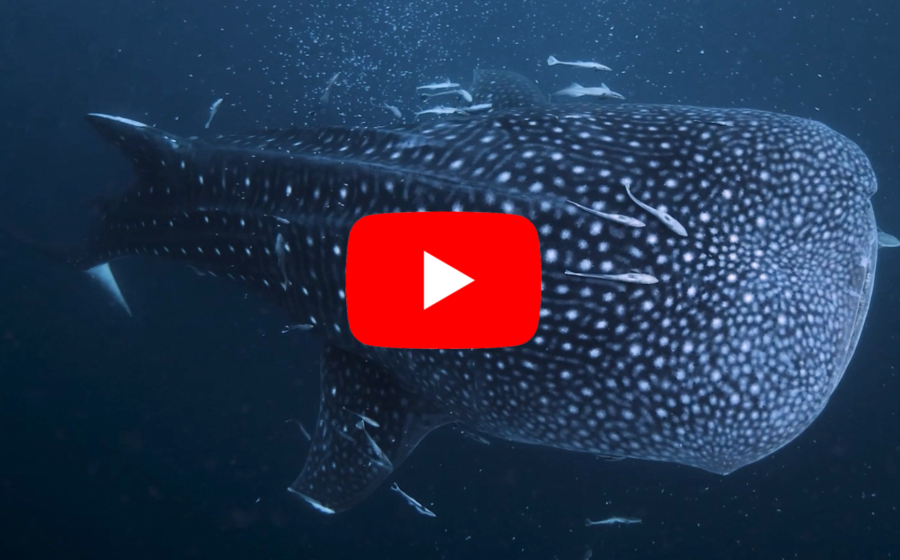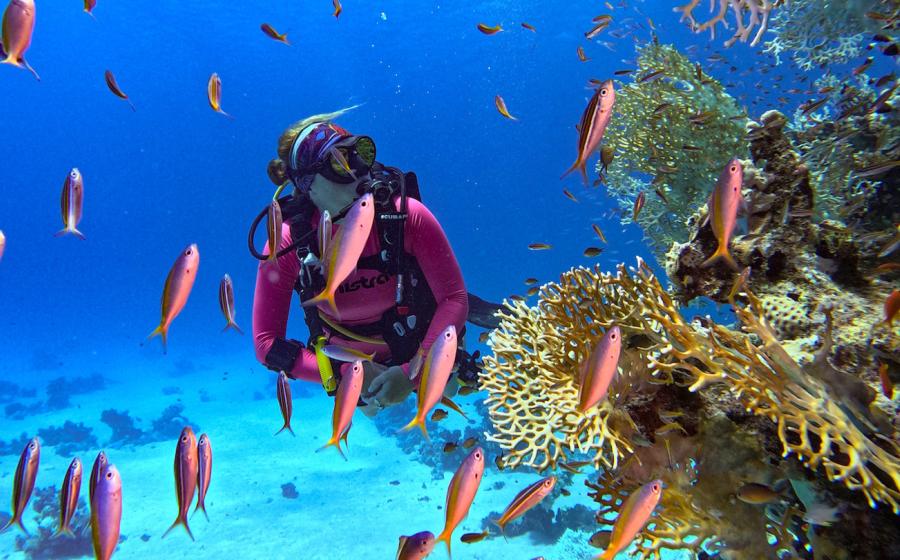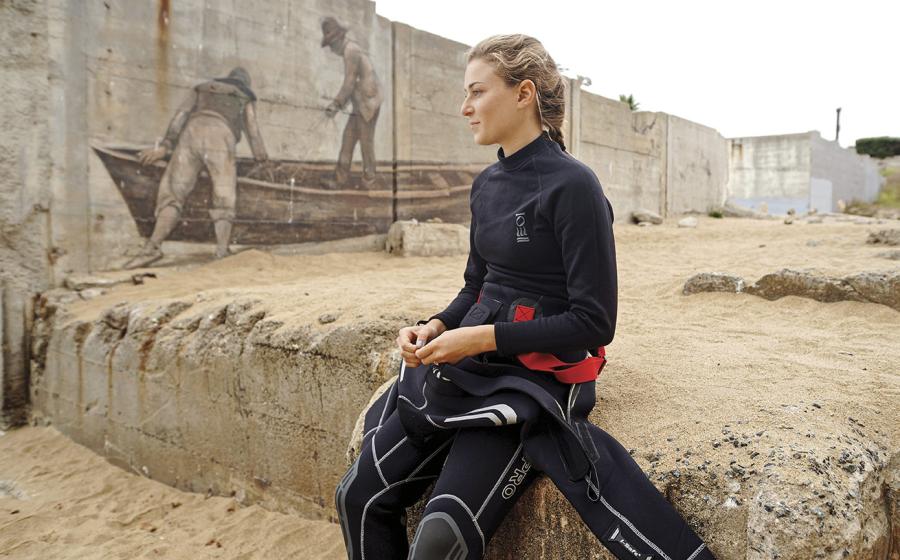Lessons For Life: Much Too Soon

Struggling to keep up with the rest of the group, Abby had spent most of her dive fighting with her buoyancy compensator and kicking hard against the steady current. At last, they surfaced. She survived the dive after all! Relieved that the experience was finally over, she spit out her regulator and ripped off her mask only to be smacked in the face by a wave. Startled, she slipped below the surface, choking on seawater. Kicking hard, she fought her way back up and took a gasping breath. Between desperate attempts to keep her head above water, she tried to wave to the boat and call for help, but the other divers seemed so far away.
The Diver
Abby was a healthy, active woman in her thirties who had recently moved to an area where diving was a popular sport. Shortly after arrival at her new home, she enrolled in an open-water class to become a certified diver. She immediately found that she liked both the sport and the people in it. By the time her classes had begun, she had already made several new friends among the shop's regular customers.
The Dive
Not long after her first pool sessions at a local dive center, Abby was invited on an offshore outing by friends who were active divers. In spite of the fact that she was not yet certified, someone assisted her in obtaining a full set of equipment and an air fill so she could join the group on a shallow reef dive with a maximum depth of about 30 feet. Diving from a private boat, the group entered the relatively calm seas and found what officials would later deem a "mild current" running in the area. Apparently, there were no specific buddy teams, so Abby was both uncertified and effectively diving alone.
The Accident
Abby's anxiety levels began to build from the moment she entered the water. The swim against the current was unlike anything she had experienced in the pool. Her accelerated breathing rate caused her to yo-yo in the water column and her attempts to offset this effect with her BC only exacerbated the problem. After a 40-minute dive, the group surfaced and began climbing aboard their boat. Abby surfaced alone, somewhat down current from the boat in seas of about three feet with a slight chop--good conditions for most certified divers, but somewhat challenging for the inexperienced. We do not know exactly what happened to Abby. At one point, she was spotted on the surface and then she simply disappeared. Once all the other divers were aboard, they started the boat and quickly began a search, but found no sign of her on the surface.
Abby's body was never recovered, so there is no definitive information about the cause of her presumed fatality. However, we do know that she surfaced somewhat down current from the boat, that she was not certified for diving, that she had never completed the emergency drills portion of her open-water training, and had never before made an open-water dive. Her lack of training was almost certainly a significant contributing factor to her death. Based on the sighting of her at the surface and the water conditions at the time of the accident, it is likely that she was swept away from the boat by the current. We can also surmise that she failed to achieve positive buoyancy once she surfaced. It seems likely that she was unable to remain afloat and that she inhaled seawater while struggling to remain on the surface, which probably led to panic, and ultimately drowning.
Analysis
This case demonstrates that situations and water conditions that are mundane inconveniences for the certified diver can become catastrophic, life-threatening events for the untrained. Abby rushed into her first open-water dive ahead of her training and died as a result. Attending a few nights of class does not qualify one to be a diver. Many of the more advanced emergency skills are not covered until later in the course and some of these skills cannot be practiced successfully in the confines of a swimming pool — thus, they are not really learned until the open-water checkout dives are conducted. Even though Abby chose to dive without certification, she could not have done so without the assistance of a certified diver to obtain equipment and air fills. It seems inevitable that every year we lose would-be divers to the actions of well-intentioned friends with ill-conceived dive plans. In many cases, the desire is to introduce a friend to the underwater world and many even claim to do it in order to encourage them to get training. Too many divers feel that an open-water C-card qualifies them to teach, or at a minimum, to conduct orientation dives for their nondiving friends. This is a dangerous misconception. Students should dive only under the guidance of a fully trained instructor. Student divers don't know how to evaluate the risks of a dive and are incapable of making sound decisions about their safety. It is therefore the responsibility of certified divers, like Abby's friends, to understand the risks and prevent these needless accidents.
Lessons for Life
Never attempt diving until your training is complete. The skills covered at the end of your training will be the most important ones for your survival.
Never recklessly risk the lives of your friends by offering scuba training or an orientation dive unless you are a certified instructor. What you do not know as an open-water diver far exceeds what you have been taught to this point.
Never facilitate diving by uncertified individuals by assisting them in obtaining equipment, air fills or access to boats. There is a reason a C-card is required, even when diving in a pool or "safe" environment.

